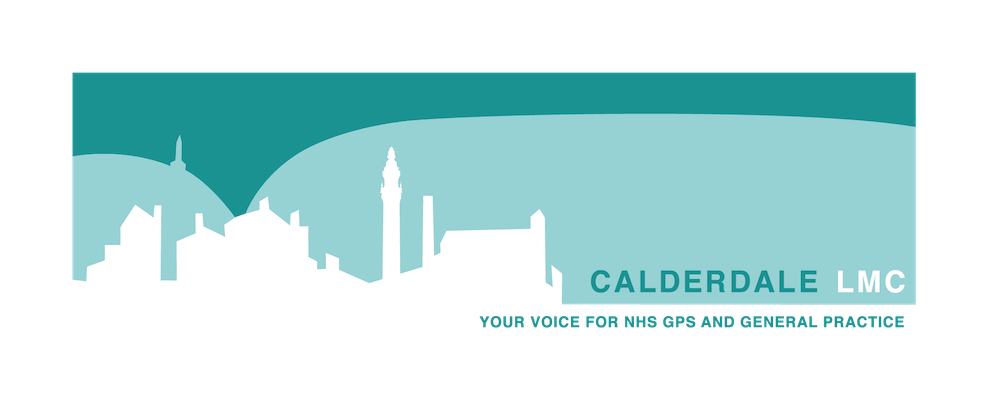Changes to Products available on Prescription
NHS Calderdale Clinical Commissioning Group (CCG) has recommended that GPs stop routinely prescribing branded medicines and a number of lower value, self-care products, which are widely available to buy without a prescription from pharmacies and supermarkets, including:
- Baby milks Exception: diagnosed CMPA, specialist metabolic disorders, premature infants on specialist diets. Also see latest baby milk guidance South West Yorkshire Area Prescribing Committee Prescribing Specialist Infant Formula guidance 2018
- Infant colic products No exceptions
- Vitamin supplements Exceptions: diagnosed vitamin deficiencies and post bariatric surgery
- Emollients (moisturisers) for minor dry skin conditions Exceptions: diagnosed psoriasis and eczema, footcare for diabetic patients, lymphoedema and to prevent skin ulceration in fragile patients
- Cosmetic products, including eflornithine for facial hair No exceptions
- Antifungal nail paints No exceptions
- Sunscreen products Exceptions: ACBS indications only
- Branded medicines (without clinical need) Exceptions: where there is a clinical reason and branded prescribing is recommended by BNF/national/local guidance. The CCG will also recommend prescribing by brand in some circumstances where this is more cost-effective.
Increasing demand for NHS services, as well as the effects of national austerity measures, means that the organisation must make difficult, but clinically-led, decisions to ensure that the money available can meet the health needs of people in Calderdale.
By not routinely prescribing these self-care treatments the NHS in Calderdale could save £300,000 each year, while £100,000 is spent every year on prescribing branded medicines without a medical reason, where a non-branded (generic) medicine containing the same active ingredient would be as effective.
This decision has been made following public opinion and feedback gathered in our public consultation: Changing the way we prescribe in Calderdale, which ran from 16 October – 4 December 2017.
Advice for Patients is attached in the downloadable leaflet and the the CCG website provides answers to FAQs.
NHS England has also produce guidance for CCGs (published November 2017) regarding items which should not be prescribed routinely in primary care; many of which lack strong evidence of effectiveness or have safety issues. The guidance can be found here...
Products mentioned in this guidance which GPs should be aiming to avoid prescribing or switching in appropriate circumstances include:
- Co-proxamol - Safety issues.
- Dosulepin - Evidence supporting its tolerability relative to other antidepressants is outweighed by the increased cardiac risk and toxicity in overdose.
- Prolonged-release Doxazosin - no benefit over immediate release preparations and six times the cost.
- Immediate release Fentanyl - Recommendations from NICE are to only use in Palliative Care. Only licensed for use in cancer.
- Glucosamine and Chondroitin - Limited evidence of effectiveness.
- Herbal treatments - Lack of evidence of clinical effectiveness.
- Homeopathy - No clear or robust evidence of effectiveness.
- Lidocaine Plasters - Can be used in patients with post-herpetic neuralgia only, but otherwise there is lack of evidence of effectiveness.
- Liothyronine - Clinically effective but other products which are more cost effective. Limited evidence of efficacy above Levothyroxine.
- Lutein and Antioxidants (eg vitamin A, C, E and Zinc) are supplements which are sometimes recommended for Age Related Macular Degeneration. A Cochrane review concluded that there is accumulating evidence that they do not prevent or delay the onset of AMD.
- Omega-3 Fatty Acid Compounds - Low clinical effectiveness.
- Oxycodone and Naloxone combination product - Clinically effective but more cost effective and similarly efficacious products available.
- Paracetamol and Tramadol combination product - Clinically effective but more cost effective and similarly efficacious products available.
- Perindopril Arginine - Clinically effective but more cost effective and similarly efficacious products available.
- Rubifacients (excluding topical NSAIDs) eg capsaicin cream - Low clinical effectiveness.
- Once daily Tadalafil - Clinically effective but more cost effective and similarly efficacious products available. "When required" preparations recommended.
- Travel Vaccines - Clinically effective but due to the nature of the product deemed a low priority for NHS funding.
- Trimipramine - Clinically effective but more cost effective and similarly efficacious products available.
Published 17th May 2018
